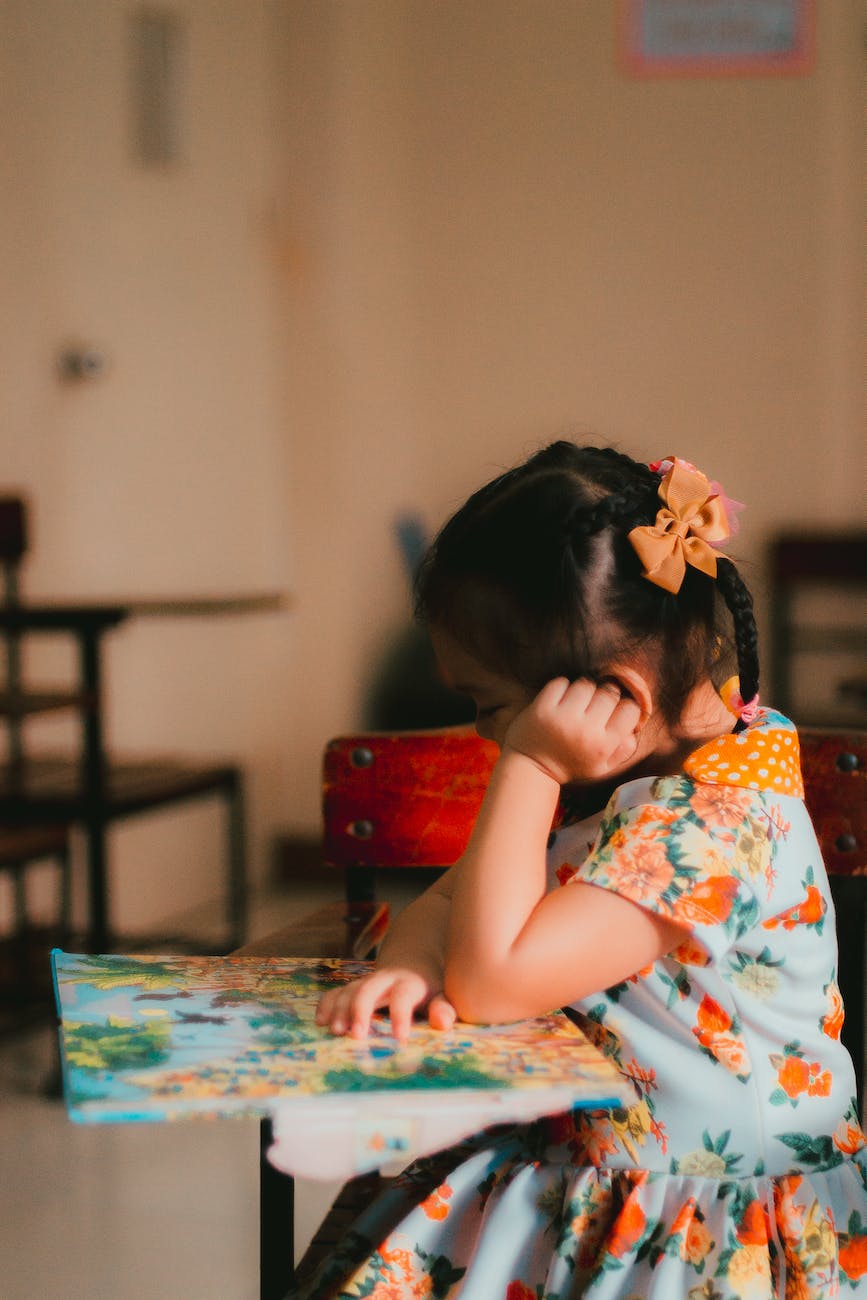When my oldest son was a toddler, and the Minnesota winters kept us inside, we’d spend hours reading picture books. We’d drive to the library, check out a foot-tall stack of books, and then read through the entire stack multiple times a day until the next library trip.
My husband and I quickly learned which books we preferred to read aloud. Some books got unbearable with each consecutive read, whereas others, like anything by Mo Willems, got better. This man knows how to write for both adults and children, and we spent many happy hours adventuring alongside Elephant Gerald, Piggie, Naked Mole Rat, and Pigeon.

Writing for humans
In On Writing (And Writers), author C.S. Lewis has much to say about writing books for children. If you’re unfamiliar with C.S. Lewis, he wrote the Narnia series and many sci-fi and theological books.
Lewis writes that authors writing for children shouldn’t write what they think children will like. Instead,
The right sort work from the common, universally human, ground they share with the children, and indeed with countless adults.1
Too often, books are written “for children” by people who don’t necessarily understand children. Maybe it’s a unicorn or puppy randomly incorporated into a moral to “keep interest” or dialogue that is needlessly complicated.
The idea is similar to the fumbles adults make writing about each other. Like this satire of men writing about women. The best children’s books aren’t dumbed down or dolled up. They can appeal to adults, too.
Lewis would love the Australian show “Bluey.” It’s intended for small children, but every episode has truths for all ages. In one of my favorites, “Mums and Dads,” the dogs pretend to be parents. But they soon come upon an issue parents face all the time: what to do with your baby when you need to be doing something else, like working or storming the playground castle.
The eternal parenting argument
On Writing (And Writers) is a collection of letters and reviews written by Lewis, published after he died. One of the things he replies to are critiques of his most famous children’s series.
Apparently, mid-century parents were concerned that Lewis’ novels would encourage kids to disengage from reality or scare them with witches, giants, and battles. Lewis replies:
They may mean that we must try to keep out of [the child’s] mind the knowledge that he is born into a world of death, violence, wounds, adventure, heroism and cowardice, good and evil. […] There is something ludicrous in the idea of so educating a generation which is born to the OGPU [Soviet secret police] and the atomic bomb. Since it is so likely that they will meet cruel enemies, let them at least have heard of brave knights and heroic courage. Otherwise you are making their destiny not brighter but darker.1
Lewis writes that kids will come across dark things and that his stories allow them to see that good can triumph over evil, even when things seem bleak. This hope is what they need.
I agree with Lewis that fantasy action allows kids to believe in good triumphing over evil. Let them be Harry Potter thrusting a sword into the mouth of the Basilisk or Peter Pevensie leading an entire army of magical creatures against the White Witch. Or Hiccup from How to Train Your Dragon pitting ancient sea dragons against each other to save his Viking tribe.
And let them see themselves in Edmund Pevensie, who was redeemed even after betraying his siblings. Bad things can come from inside, too, as can good.
I’m not saying elementary-school-age kids should watch violent shows like Reacher or The Boys. Hopefully, most kids will never have to shoot their way out of a secret military science compound or watch everyone’s head explode in a room full of diplomats. I’m just saying that fictional conflict and resolution will prepare them to believe solutions are possible in the real world, where they will face real problems.
Reading Lewis’ replies to letters from children and adults alike made me want to write my favorite authors. Maybe, like in the case of Paulette Perhach, they will respond and make a real-life connection.
Check your mailboxes, Neil Gaiman and Jess Walters.
1Lewis, C.S. On Writing (And Writers). C.S. Lewis Ptd. Ltd, 2022.

Thoughtful essay.
Kris
LikeLike